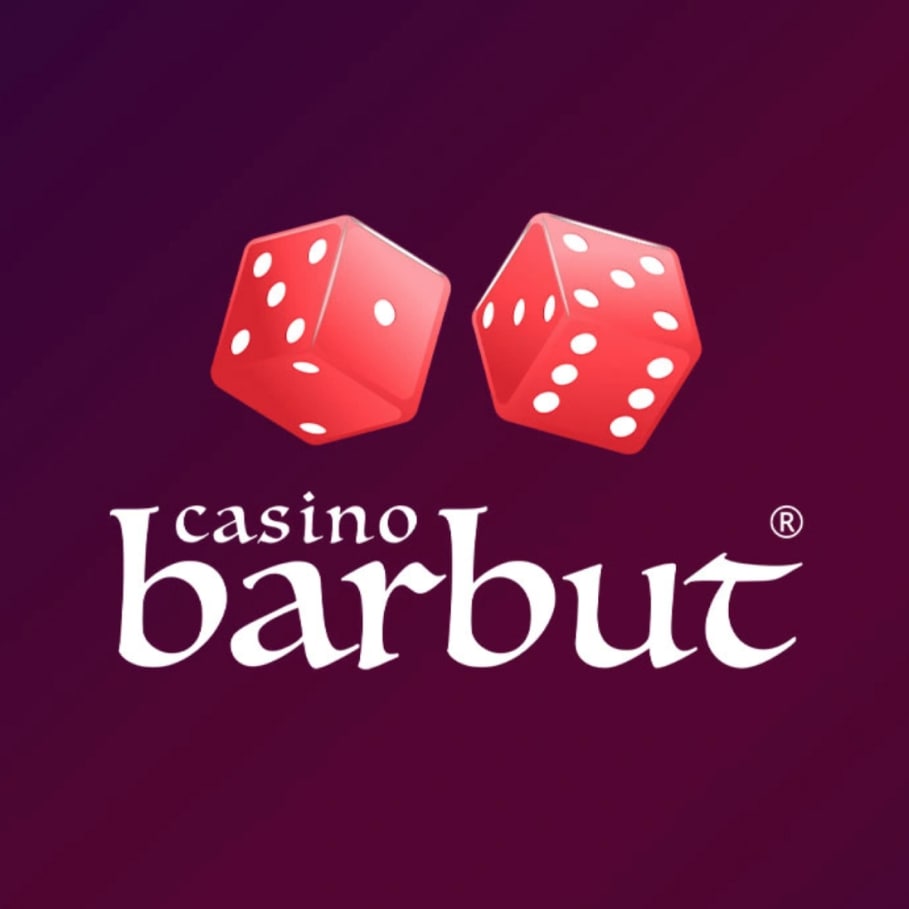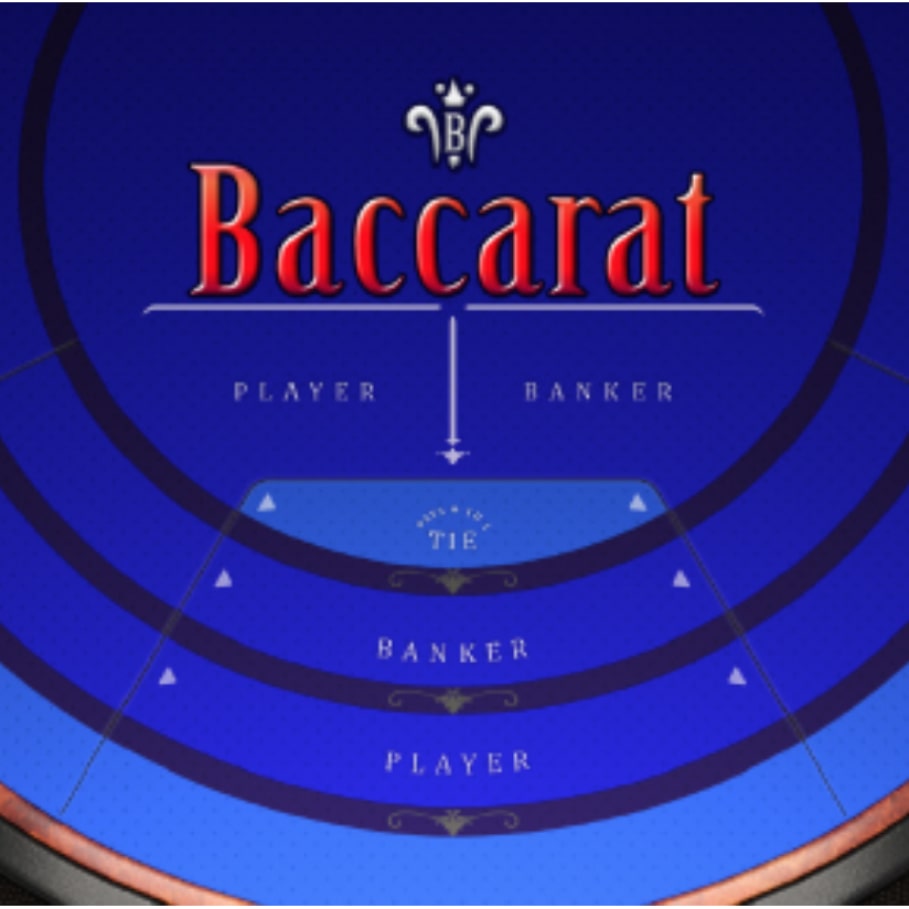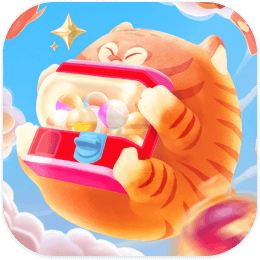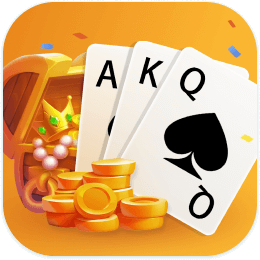7 Ways Not To Blow Up Or Break Down When Your Kids Trigger You - Dad.Work
Meditation gave me the first real glimpse into the possibility of remaining calm when triggered.
It was within the first week or so after I started meditating that I was able to stop myself from my usual pattern of yelling and becoming angry, and it was that moment that drove me to take meditation seriously and invest in it fully.
Meditation pays compound interest, meaning that when done regularly over a long enough time period, the changes it brings to your mental state and your life get bigger and more profound.
Even 10 or 20 minutes each day can significantly change your mind, give you more headspace when confronted with triggering stimuli, and help to remove your ego from the equation, giving you greater control of your reactions.
I’ve used Headspace, “eco meditation” and tapping, mantras, the Waking Up App, Insight Timer, and plenty of other issue-specific meditations.
Daily meditation as a means of controlling your reactions to your triggers is easily the most important thing I’ve done, but some individual meditations have been so helpful that I’m going to share them below as their own points.
2. Visualizing Your Relationships and Interactions For The Day
I picked this one up after hearing a similar idea from Russell Brand, and it’s been a game changer.
Each morning, either as my entire meditation, or in addition to another meditation, I visualize the relationship interactions I’m likely to have for the upcoming day.
You can do this for each member of your family, for your coworkers, or even for things like a shopping trip you’re planning.
As it relates to your children, the point is to visualize things they are likely to do that you know trigger you, and then visualize yourself responding calmly to those triggers.
That way, when the trigger happens for real, you’ve already practiced responding correctly.
Here are the steps I use:
- Visualize your child doing something that you know triggers your anger.
- Connect with the feeling that your child is likely having in this situation. Is he scared? Hungry? Sad? Overwhelmed? Tired?
- Empathize with this feeling, and consider how it makes sense that your child might “act out” because of it.
- From this place of empathy, visualize yourself calmly supporting and soothing your child.
- Repeat for each trigger, and each child.
3. Visualize Your Children As Babies Who Can Do No Wrong
Having a third child after having done so much of this work on myself has been eye opening.
He is perfect, and reminds me that before every life story, each one of us starts out as a precious baby.
I have used this to visualize my older children, who regularly trigger me, as babies, which allows me to borrow some of the well wishes I have toward my youngest son, and project it onto the older kids.
Remember where they came from. Remember that none of this is their fault. Remember that they owe you nothing, and that it’s your job to provide the loving, tender care that they needed when they were babies.
This is also a helpful thing to do for everyone you meet in the world, including yourself, to foster more kindness and love.
4. Two-Point Meditation
This is a technique that I learned from Justin Ehrlich.
The idea is to ground yourself in the present moment, especially when triggered, and focus on two points in the body to encourage calm and control.
The two points are your breath and the bottom of your feet.
You can begin each meditation by first bringing your attention to your breath, then the soles of your feet, then both together, as a way to make this a habitual practice.
Then, in daily interactions, you can bring your attention to each point when you need something “solid” to hold on to.
This is a nice tool to have in the toolbox for when shit hits the fan and you’re not sure what else to do.
5. Take a Break
Many men are fixers.
We see a problem, and we think it has to be addressed right now.
But when things are escalating with our children, often the right thing to do is to ease off and take a break if you’re finding yourself unable to control your impulse to rage.
On the one hand, if your child is highly dysregulated, it’s unlikely they’ll be able to hear anything you’re trying to say to them anyway.
On the other hand, taking a moment to go into your room and close the door while you regroup can weaken the grasp your anger has on you. If you can’t do one of the other steps listed above in the heat of the moment, it’s often behind your closed door that you remember to apply them.
Obviously this isn’t always possible, but when it is, even one minute away can help.
If you can manage it, I find it helpful to respectfully tell your child that you’re having a hard time keeping calm and that you need to take a quick break before you can be there for them.
6. Breathe
While breathing deeply and intentionally can improve pretty much every aspect of your life, it’s definitely a useful tool in your anti-reaction toolkit.
We’re trying to teach our kids to use their breath as a way to down regulate and access their parasympathetic nervous system, so it’s also something you can work on with your child.
It’s as simple as it sounds.
When you’re being triggered, simply take a few slow, deep breaths. If you use your breath as the object of your meditation regularly, this can become second nature to a degree, and it also ties in nicely with the two-point meditation I mentioned above.
Like most of the other methods, this is a tool that we can use to simply give ourselves a bit more space to respond, rather than react.
7. Keep Doing The Work
Negatively reacting to triggers has been my achilles heel as a dad.
I’ve learned that it either happens because I feel like something my kids are doing will make me vulnerable to criticism or being noticed in a negative light, or it’s sensory overload that takes away all of the space in my mind.
If you notice yourself being triggered regularly, the first thing thing to do is to figure out what things trigger you most regularly, and then do some introspection to find out why.
Journal, meditate, find a trusted friend or partner to discuss it with.
Beginning to know yourself, and becoming self-aware, is the first step in many cases when it comes to suffering less and becoming a more conscious parent.
When you are triggered by your children, it is your responsibility to look inward and to change, not theirs. As a father, and as a leader, it is up to you to teach your children the proper way of dealing with their feelings, especially if they’re being hurtful, but your own reactions to them are up to you to manage.
Lead Your Family, Save Your Marriage, and Raise Great Kids
10 Emails. 10 Challenges. 10 Days. Life-changing Results. Join us 👇
FAQ
Do any online casinos accept CashApp?
🥇 Winner: Wild Casino – it is the top casino that accepts Cash App due to its impressive variety of games, bonuses, and banking methods. It features over 1,300 real money games, highlighted by 1,150+ slots.
What is the best online casino that pays real money cash app?
Your goal in this game is to hit the slot reels at just the right time to get the highest WINS. Compete for the best score and win REAL MONEY! TURN YOUR SKILLS INTO DOLLAR BILLS!
5 Legit GCash Games to Cash In Big 2026
Hey there, gamers in the Philippines! Want to turn your phone playtime into real GCash cash? Legit apps and games reward you with small payouts for tasks, levels, or wins—think PHP 100-500 weekly with steady effort. No get-rich-quick schemes here; stick to verified ones to stay safe.eneba+1 Mistplay hooks Android users with fun mobile games like puzzles and adventures. Earn “units” per playtime (e.g., 100 units = PHP 50), then swap for GCash-compatible gift cards.
Can you win real money on free slots?
But, if you do decide to play on casino apps, they have hundreds of slot games available and can essentially be classed as slot apps. Therefore, this means you can play free slots to win real money with no deposit required on slot apps!
Do Online Slots REALLY Pay Out Big?
Do Online Slots Actually Pay? The Real Scoop on Jackpots and Payouts Ever spun an online slot and wondered if the wins are real? Good news: licensed online slots do pay out real cash. In 2024, US sites like BetMGM paid over $1 billion in slot winnings to players. Real people hit jackpots every day—think $20 million from Mega Moolah in one spin. These games use certified Random Number Generators (RNGs).
Looking for apps that pay $100 a day? You’ve come to the right place! Our expert team shares top apps that offer real earning potential. Discover your next money-making opportunity today!
This site only collects related articles. Viewing the original, please copy and open the following link:7 Ways Not To Blow Up Or Break Down When Your Kids Trigger You - Dad.Work

























































































































































































